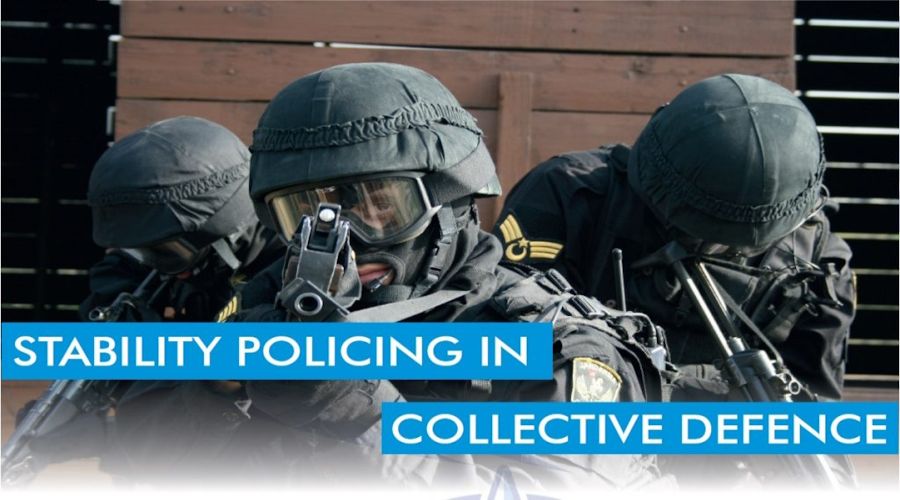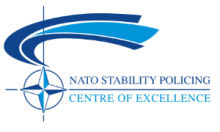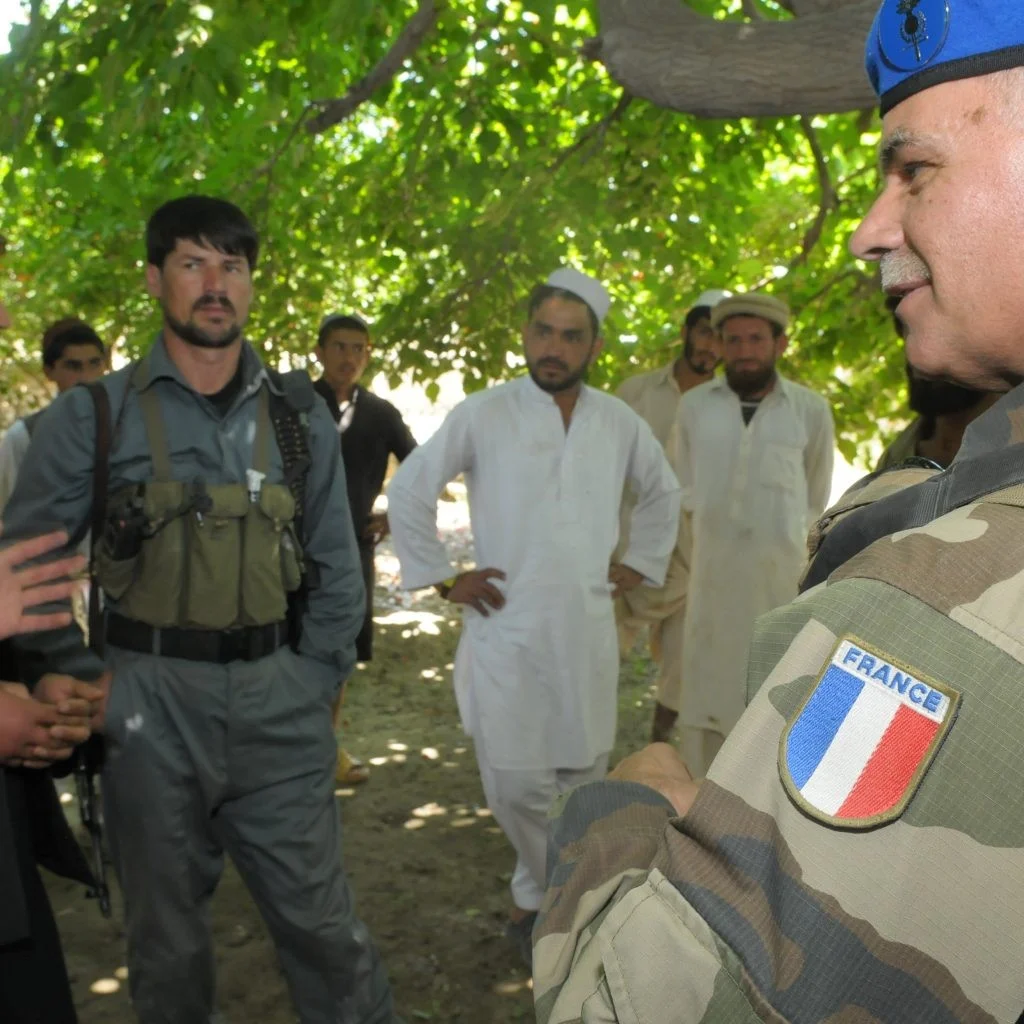


The Stability Policing Centre of Excellence contributes to the development of NATO doctrine and standards, training and best practices in the area of Stability Policing by fostering engagement between Allies and providing cutting edge, transnational police forces for the Alliance’s Human Security initiatives.
The Stability Policing Centre of Excellence is located in Vicenza, Italy, and received its official accreditation in April 2015. The Centre is focused on improving the Alliance’s police-related activities to assist or temporarily take over local police forces in unstable areas. The end goal of the Stability Policing initiatives is to serve as a tool for the Alliance’s Human Security Approach, re-establishing and/or upholding the safety of the public, the rule of law and the protection of human rights during times of crisis. In doing so, the Centre strives to be an internationally recognized hub of expertise in the Stability Policing field, providing its specialized subject matter expertise across the Alliance.
The Centre works actively across the four pillars of NATO’s Centre of Excellence programme, with an emphasis on standardizing Stability Policing doctrine for Allies from peace through crisis to conflict while also developing new, innovative approaches. These areas of work include analysis of Multi-Domain Operations and Joint Operations in Urban Environments as well as Working Groups for Technical Exploitation and Battlefield Evidence. This working group aims to foster greater integration between the military and judiciary branches within the broader counter-terrorism effort, including expanding the sharing of information and evidence internationally.
The field of Stability Policing was also identified as one of the ten criteria to be included in the Layered Resilience Concept, a key imperative being pursued by Allied Command Transformation. As part of this initiative, the Centre has created three thematic Working Groups on Layered Resilience. The most prominent of these, Situational Understanding through Law Enforcement Intelligence, Perseverance and Warfighting, will support the Alliance’s effort to identify and combat hybrid threats while also integrating law enforcement dimensions within broader military operations.
In addition to its contributions to doctrine and concept development, the Centre hosts a wide array of education and training programmes, both on site in Vicenza and virtually. These efforts were highlighted by the NATO Stability Policing Role in Human Security Conference, which occurred in June. This conference sought to analyse both broad-based and cross-cutting topics in the relationship between Stability Policing and Human Security and provide actionable insights to improve interactions. In addition to this five-day conference, the Centre also holds courses to introduce stakeholders to Stability Policing practices and expand police capability building in NATO operations.
While the Centre’s primary focus is growing engagement with Allies on Stability Policing doctrine and approaches, the Centre also interacts with external actors. Over the past two years, stakeholders from the Mediterranean Dialogue and Istanbul Cooperation Initiative countries have been invited to Vicenza, where the Centre delivered four battlefield evidence trainings for law enforcement and military officers. Furthermore, the Centre also meets with academic institutions, including the Carabinieri Officers’ College in Rome, Italy and John Jay College for Criminal Justice in New York City, USA, to provide subject matter expertise and grow engagement with key partners in academia. The Centre’s participation on these fronts demonstrates the role of the Centre in fostering the growth of Stability Policing initiatives both inside and outside of the Alliance.
NATO-accredited Centres of Excellence are (multi-) nationally established and sponsored entities, which offer recognized expertise and experience within a defined subject matter area to the benefit of the Alliance. Centres of Excellence are not part of the NATO Command Structure, but form part of the wider framework that contributes to the functioning of the Alliance. Headquarters Supreme Allied Commander Transformation coordinates the activities of the Centres of Excellence, ensuring that their outputs align with Allied Command Transformation’s Programme of Work. For more information about NATO-accredited Centres of Excellence, see the 2023 Centres of Excellence Catalogue.
